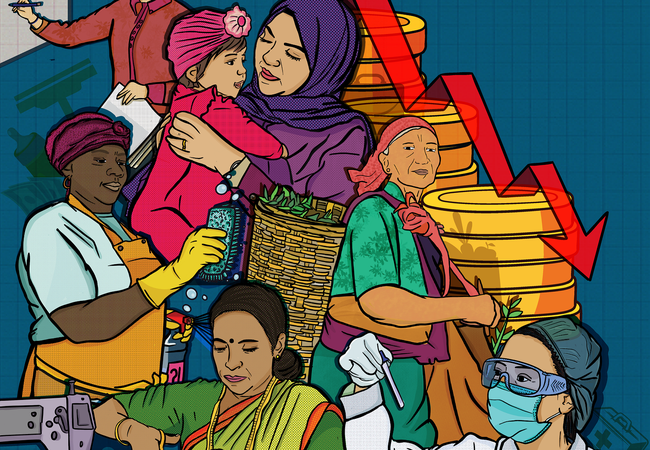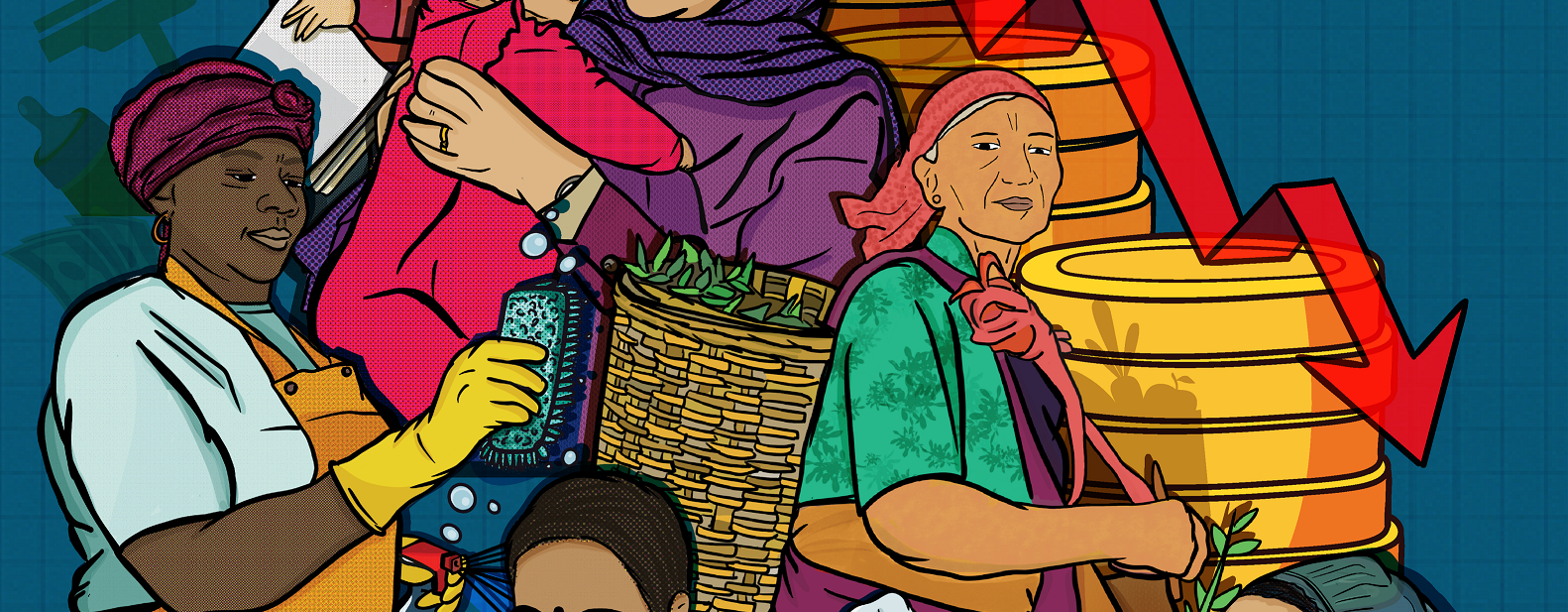The undervaluation of care is perhaps the clearest example, and therefore our current focus.
Millions of us, across Scotland, the UK and globally, provide paid and unpaid care, and undertake unpaid domestic work in the home, that is vital for the wellbeing of our families and for societies. It’s also essential for our economies to function.
Lack of recognition means there's not enough practical and financial support for unpaid carers and parents. It means low pay and poor working conditions for care workers. It means over-stretched and under-funded childcare and adult care services.
Carers, and those experiencing care, are often left to pay the highest price. Many face deep financial hardship and poverty, as well as great physical and emotional stress.
This invisible network of mostly women, whose compassion to care is systemically taken for granted, is often taken for granted by society and exploited by a world built on inequality.
But it doesn't have to be this way. That’s why, here in Scotland, we’re pushing policymakers to make better choices that recognise the true value that care brings to all of our lives, as part of efforts to better value all work done by women.

